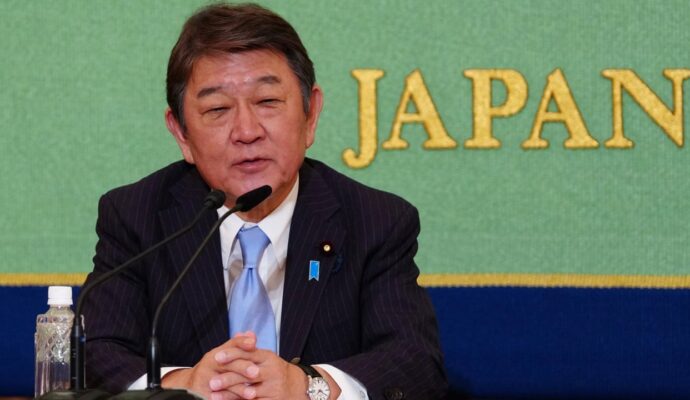
Children in mainland China are subject to some of the world’s strictest restrictions on online gaming time, but a new study published in Nature found no evidence that those government-imposed rules had reduced heavy gaming.
Researchers from universities in the UK and Denmark pulled anonymised data from US game engine developer Unity, covering 7.04 billion hours of playtime from 2.4 billion mainland Chinese gamer profiles from August 2019 to January 2020.
Those profiles include both children and adults, the researchers noted, because the data they obtained did not include age information. It was also unclear prominent Unity was in China relative to other game engines.
Why does the Chinese government hate video games?
Why does the Chinese government hate video games?
The researchers found that between August 2019 and October 2019, before China put in place its gaming time mandate, 0.77 per cent of the profiles they observed engaged in “heavy play” – defined as spending an average of more than four hours a day and six days a week on gaming.
Advertisement
Such “broadly scoped restriction policies … may be ineffective at causing intended changes to behaviour”, the researchers concluded.
China has continued to ramp up its oversight of internet usage among those under 18 years old, in an effort to keep children from being glued to the screen.
The mode should limit smartphone and tablet usage to 40 minutes a day for children under 8, one hour a day for those aged 8 to 15, and two hours a day for those aged 16 and 17. Additional usage would require parental intervention.
App store operators should ensure that children under 12 cannot download any apps without parental guidance, while those aged 12 to 16 should only be allowed to download apps under minor mode or apps specifically tailored for minors.
Advertisement
This could be one reason researchers found no reduction in heavy play time after related regulations took effect, the study said.
Advertisement
Another possible explanation is that while large corporations are more inclined to enforce rules, as they “have the resources to effectively identify and police their player bases and have become prime targets of political intervention in China”, it is less clear whether smaller game developers are compliant, according to the paper.
Advertisement


